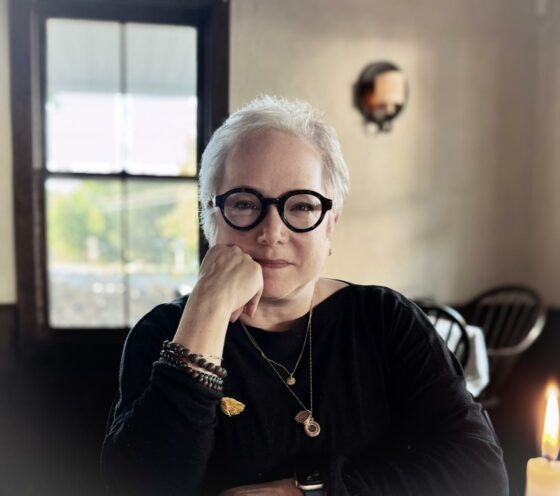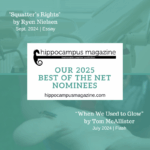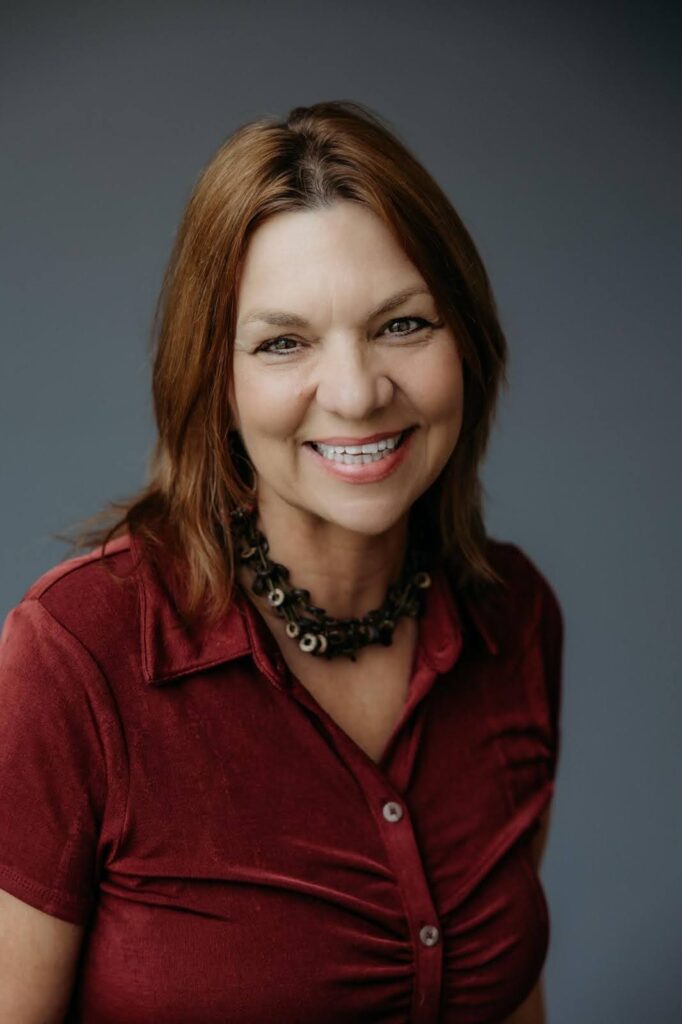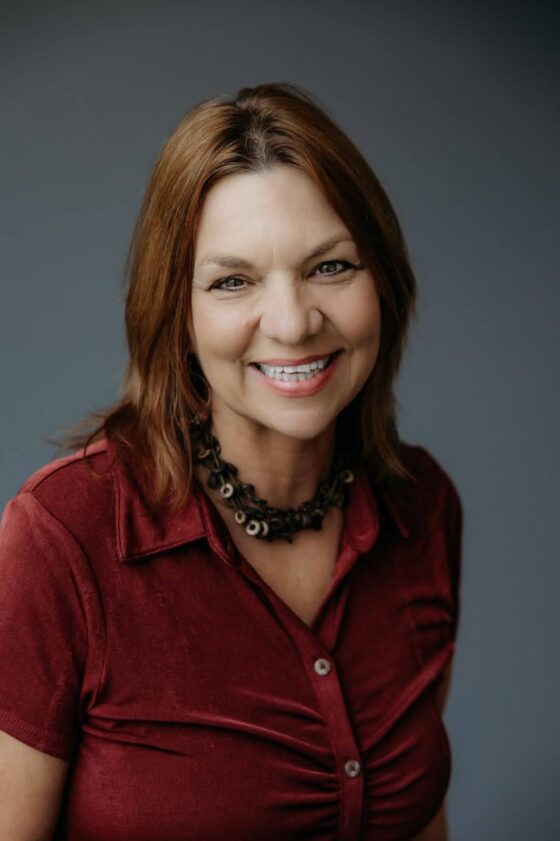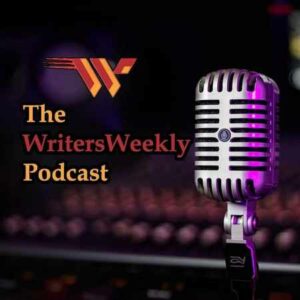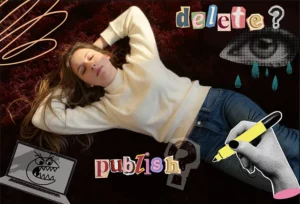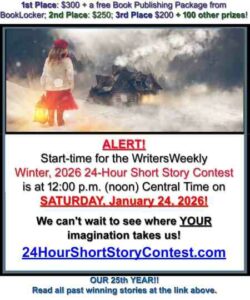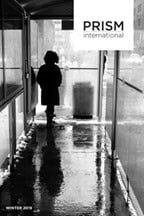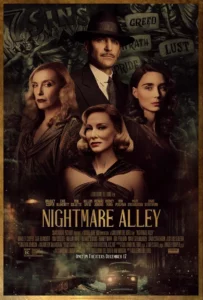Unlocking Creativity: Elissa Altman Reveals the Radical Power of Saying ‘Yes’ in Memoir Writing
MDH: Over the same decade, you published two more memoirs and became a teacher of memoir. How did you accomplish all this while going through such emotional turmoil, or was that part of your healing and enlightenment process?
EA: It was definitely part of my healing and transcendence, but not by design. Like many artists—writers, painters, musicians—we tend to work out trauma through the art we make. The first few years were so difficult for me that I couldn’t write at all, or at least not without looking over my shoulder. That said, when something is truly bothering me, I often take a very long time to write about it. I have to chew on it, and to metabolize it. I have to understand my own place in the story first before I can create any semblance of a clear narrative. But there was definitely a good amount of healing and transcendence that came out of writing my next two books, certainly my second book, Treyf, which was the backstory to Poor Man’s Feast. It was about the psychological, cultural, and in some cases devastating intergenerational stories that my father, his parents, and I carry and that made us who we are. I am a big believer in epigenetics. So, it was tremendously healing for me.
